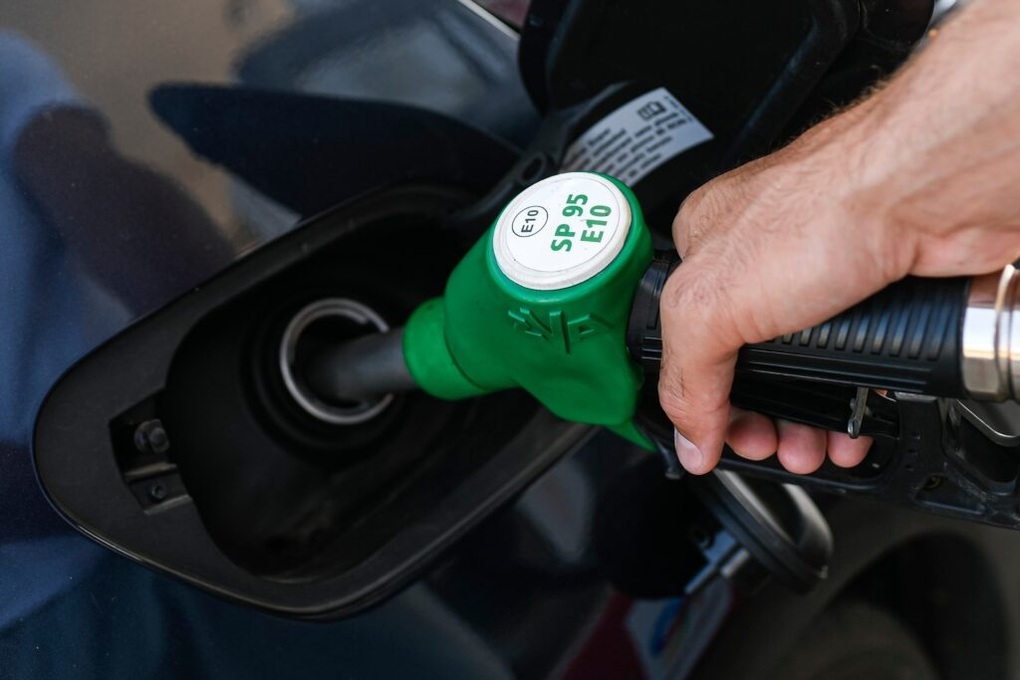
E10 gasoline will start being sold on a pilot basis in Ho Chi Minh City, Hanoi and Hai Phong from August 1 (Illustration: Shutterstock).
From August 1, the two largest petroleum enterprises in the country, Vietnam National Petroleum Group ( Petrolimex ) and Vietnam Oil Corporation (PV Oil), began piloting the sale of E10 gasoline in Ho Chi Minh City, Hanoi and Hai Phong.
Using E10 gasoline is a turning point towards renewable energy
E10 gasoline is a mixture of unleaded gasoline and ethanol (bio-alcohol), with ethanol accounting for 10% of the volume. Ethanol is ethyl alcohol, produced from renewable materials such as corn, sugarcane, cassava, wheat, etc.
In Vietnam, E5 RON92 biofuel, containing 5% ethanol, has been deployed since 2017, but its usage rate is still limited. Meanwhile, RON95 gasoline - a type of gasoline with a high anti-knock index thanks to high octane, is trusted by many people, causing the goal of reducing greenhouse gas emissions to not be achieved as expected.
According to experts, the application of E10 gasoline, containing 10% ethanol, is an important step to reduce dependence on fossil fuels, cut greenhouse gas emissions and contribute to achieving the goal of net zero emissions by 2050.
Ethanol is the most widely used biofuel in the world and plays an important role in reducing the climate impact of transport.
When completely burned, this type of alcohol produces only carbon dioxide and water vapor.
Currently, there are more than 50 countries using biofuels. In the US, gasoline containing up to 10% ethanol is a mandatory standard, the ethanol ratio in gasoline in Brazil can be up to 85%, Thailand and the Philippines also commonly use E10.
E10 gasoline helps reduce 20-30% of toxic emissions
Associate Professor Dr. Pham Huu Tuyen, Director of the Center for Research on Power Sources and Self-Propelled Vehicles - Hanoi University of Science and Technology, said: People can use E10 RON 95-III gasoline directly without technical adjustments, even when there is still old gasoline in the tank.
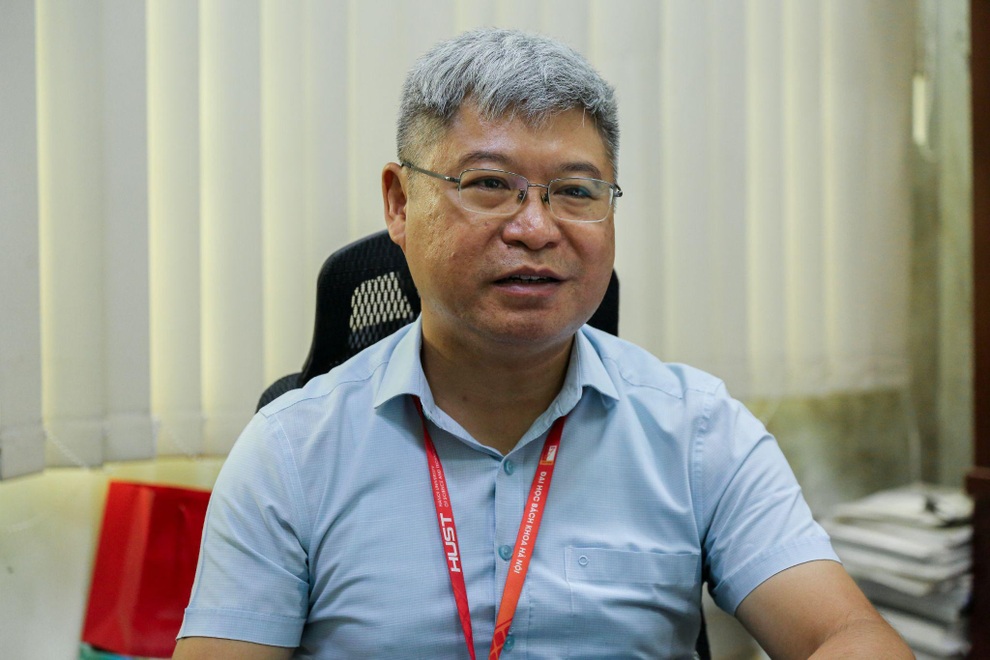
The full name of the widely used E10 gasoline is E10 RON 95-III, in which "E" represents the ratio of bioethanol in gasoline, "RON" is the anti-knock value of the fuel, and "III" (Roman symbol) indicates the quality of gasoline suitable for vehicles that meet emission standards up to level 3.
Unlike regular RON 95 and RON 92 gasoline (100% mineral-based materials), E10 RON 95-III gasoline is composed of 10% ethanol and 90% mineral gasoline (by volume).
“E10 bio-fuel with different RON indexes is not new. In fact, many countries in the world have used it for a long time, even with bio-fuel with higher ethanol ratios such as E15, E20….
For example, the United States has been using it since the 1970s, Brazil still uses 100% ethanol and the lowest level now is E27. Closer to us, the market share of E10 biofuel in Thailand accounts for more than 70% of the gasoline consumption market,” Associate Professor Tuyen cited.
This shows that ethanol with a ratio of less than 10% can be used for most types of vehicles and does not cause any different effects compared to regular mineral gasoline.
Bioethanol is derived from plants and biomass, so it is renewable and reduces greenhouse gas emissions. Using renewable energy sources will be environmentally friendly.
Through research at Hanoi University of Science and Technology, the results showed that gasoline with 10% ethanol showed technical features: engine capacity, fuel consumption equivalent to regular mineral gasoline.
Some technical parameters even tend to improve slightly. On the other hand, toxic components emitted into gasoline exhaust such as HC (Hydrocarbon), CO (Carbon Monoxide) when using E10 RON 95-III gasoline are significantly reduced (20-30%) compared to when using RON 95-III mineral gasoline.
Old cars should be serviced before using E10 gasoline.
“For some old vehicles, especially engines that are 25 years old or older, users should consult with the dealer or authorized service station. If necessary, some parts that are in direct contact with fuel should be replaced,” Associate Professor Tuyen recommended.
Vehicles also need to use fuel with the correct RON index as recommended by the manufacturer.
For valuable classic cars, car owners should proactively check the technical information and take the car to authorized service centers for necessary adjustments (if any). To further ensure the suitability when using E10 biofuel.
“To make biofuel widely used, it is necessary to promote communication and policies to encourage people to switch.
In addition, there should be incentive and support policies to reduce costs at all stages of production, mixing and distribution, thereby reducing the cost of biofuel to consumers. When there are reasonable policies, the market will become more attractive, thereby attracting investors to participate proactively," Associate Professor Tuyen shared his perspective.
Source: https://dantri.com.vn/khoa-hoc/tai-sao-viet-nam-can-xang-e10-de-huong-den-phat-thai-rong-bang-0-20250718111024930.htm



![[Photo] Prime Minister Pham Minh Chinh and his wife meet the Vietnamese community in Algeria](https://vphoto.vietnam.vn/thumb/1200x675/vietnam/resource/IMAGE/2025/11/19/1763510299099_1763510015166-jpg.webp)
![[Photo] General Secretary To Lam receives Slovakian Deputy Prime Minister and Minister of Defense Robert Kalinak](https://vphoto.vietnam.vn/thumb/1200x675/vietnam/resource/IMAGE/2025/11/18/1763467091441_a1-bnd-8261-6981-jpg.webp)


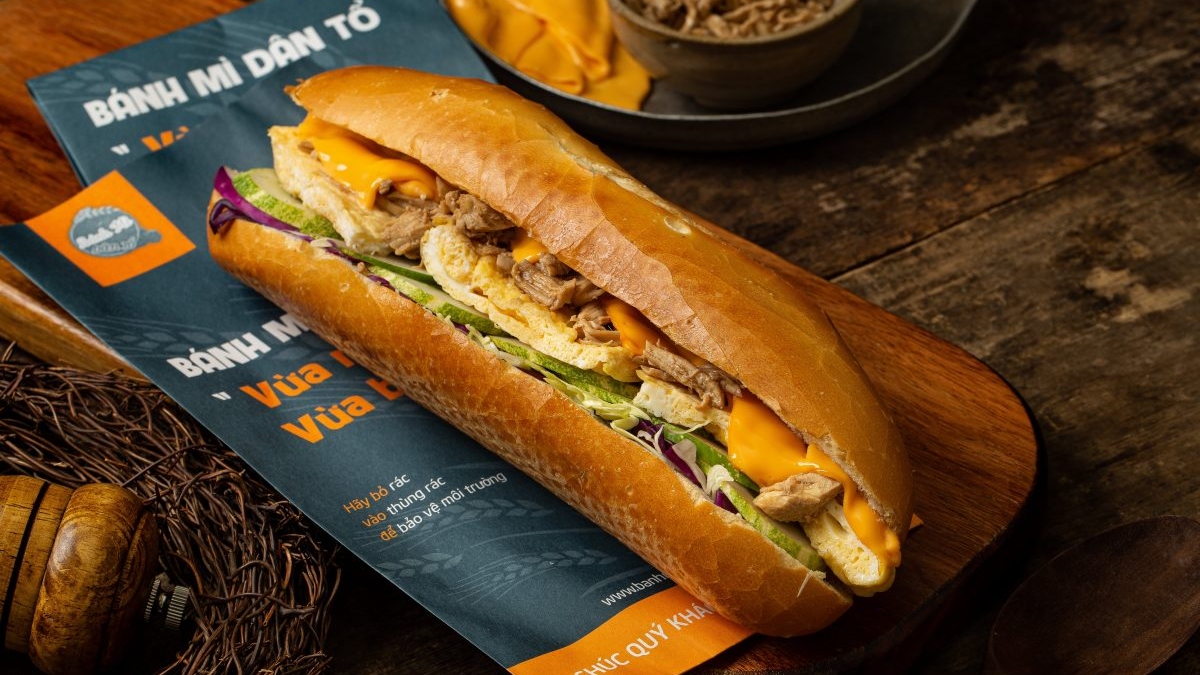




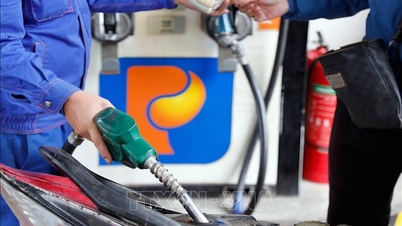

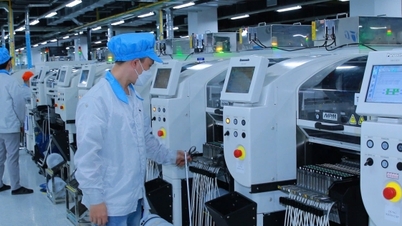

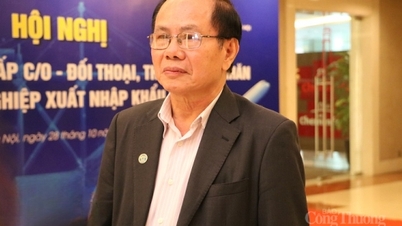

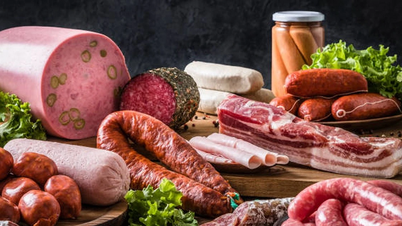







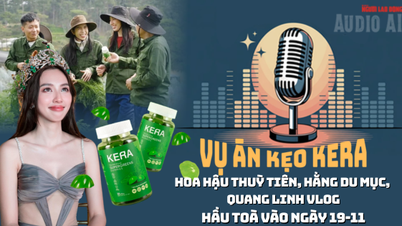





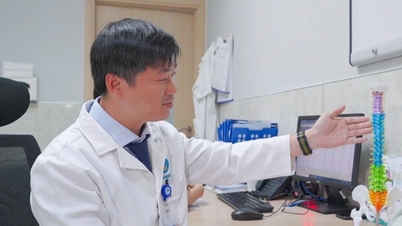



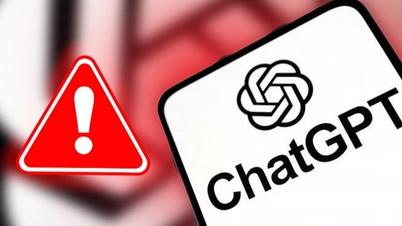



























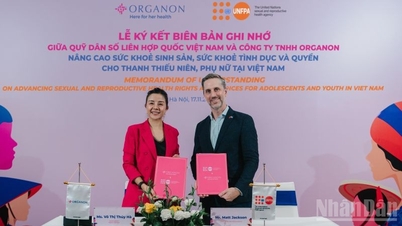









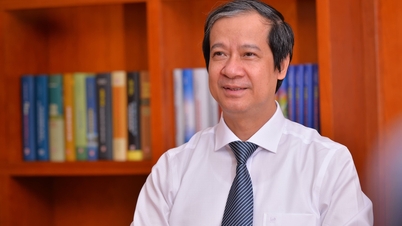













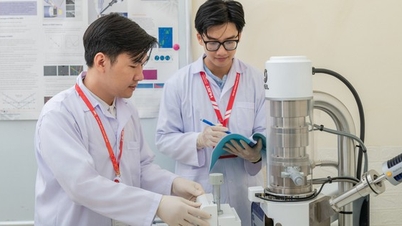
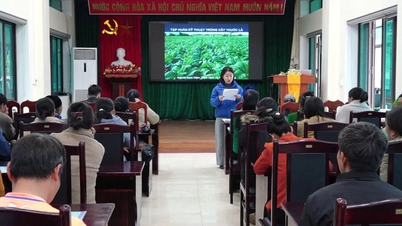
















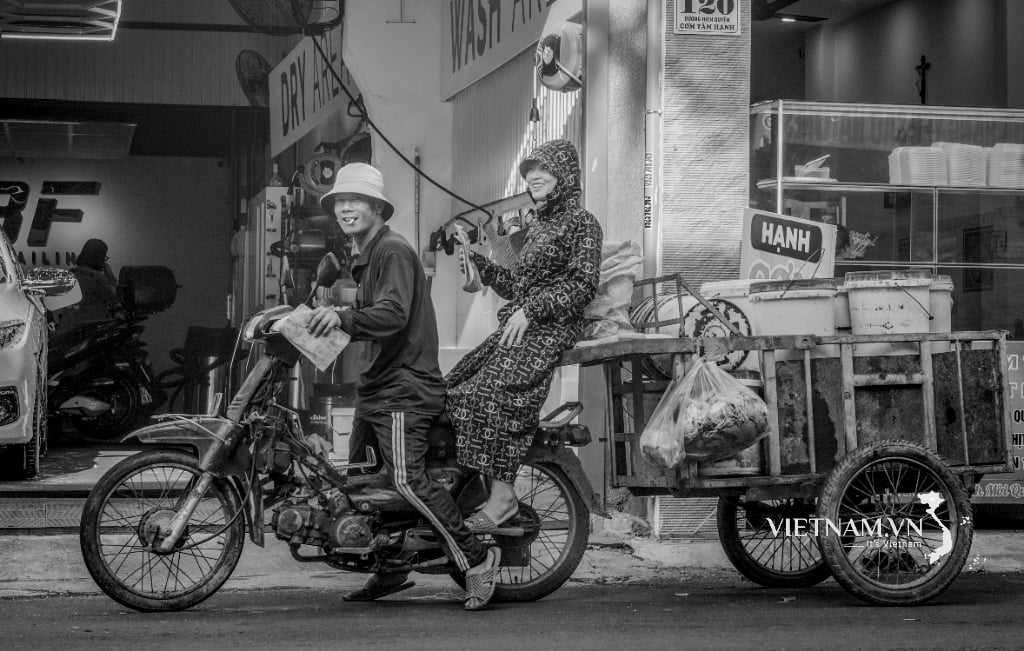


Comment (0)